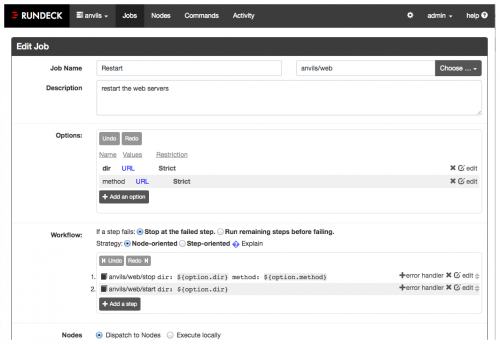“The curious case of the switch statement” is a nice historical perspective on the switch statement in most modern programming languages, where it come from, and how it transformed over the years. It starts of with ALGOL 58 (yes, a programming language from 1958), and traces the history down to the modern reincarnation of the statement to BCPL (1967!), where it looked like this:
switchon EXPR into {
...
...
case CONST:
...
...
default:
...
...
}
Apart from the historical perspective, there is an interesting discussion about how different languages approached the statement, how it varies, and what are some of the benefits of each implementation.

